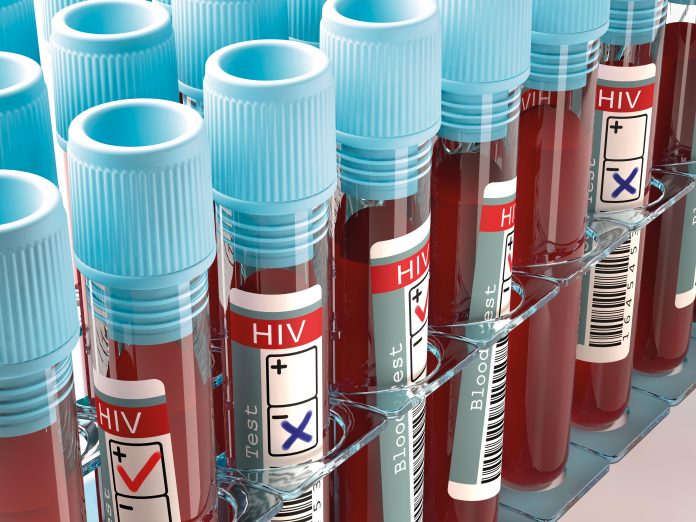
Research at Kaiser Permanente Southern California shows that some types of HIV pre-exposure prophylaxis (PrEP) therapy may have a better cardiovascular risk profile than others.
As reported in JAMA Network Open, use of tenofovir alafenamide fumarate (TAF) for HIV PrEP was linked to increased risk for high blood pressure and need for cholesterol lowering statin medication compared with tenofovir disoproxil fumarate (TDF).
“PrEP is an effective intervention for reducing risk of HIV infection and is a key component for HIV elimination efforts in the U.S.,” explained first author Adovich Rivera, a health services researcher and a post-doctoral research fellow at Southern California Permanente Medical Group, and colleagues.
“As of 2023, two daily oral PrEP regimens have been approved by the US Food and Drug Administration: emtricitabine/TDF was approved in 2012, while TAF was approved in 2019.”
Some earlier research suggested TAF PrEP may have a worse cardiovascular risk profile than TDF, which prompted Rivera and colleagues to investigate further.
They identified a group of 6824 eligible individuals aged 34 years on average, most of whom were male (97%), who were beginning HIV PrEP therapy. From this group, two cohorts who did not have high blood pressure (n=5523) or who were not using statins (n=6149) when starting PrEP were created. In the first cohort, 371 were prescribed TAF PrEP and 1484 were prescribed TDF and in the second cohort 382 were prescribed TAF and 1473 TDF PrEP. People who were older and of non-Hispanic White ethnicity were more likely to be prescribed TAF than TDF PrEP.
After two years of PrEP therapy, the results showed that TAF PrEP increased the risk of hypertension, or high blood pressure, by 64% compared with TDF PrEP. Similarly, those prescribed TAF vs TDF had a 2.3-fold increased risk of needing statins.
As cardiovascular risk tends to increase with age, the researchers also carried out an analysis looking only at those over the age of 40 years. In this group, hypertension risk was similar to that of the overall group, but the risk of requiring statins was 3.05-fold higher with TAF than with TDF.
These results add to the literature about possible adverse risks linked to different PrEP regimens. Although TAF has been linked to better bone and kidney health markers than TDF in the past, this study and others show that it can also increase cardiovascular risk in patients via increased weight, higher cholesterol and higher blood pressure than people being treated with TDF therapy.
“TAF has been a welcome addition to the products for PrEP due to its benefits on kidney and bone health and smaller pill size,” write the authors.
“However, it may have unwanted impact on cardiometabolic health. Future studies with larger sample size and a longer follow-up period are warranted to provide more evidence to inform clinical decision-making regarding different PrEP regimens, especially among those with increased risk for cardiometabolic disease.”













